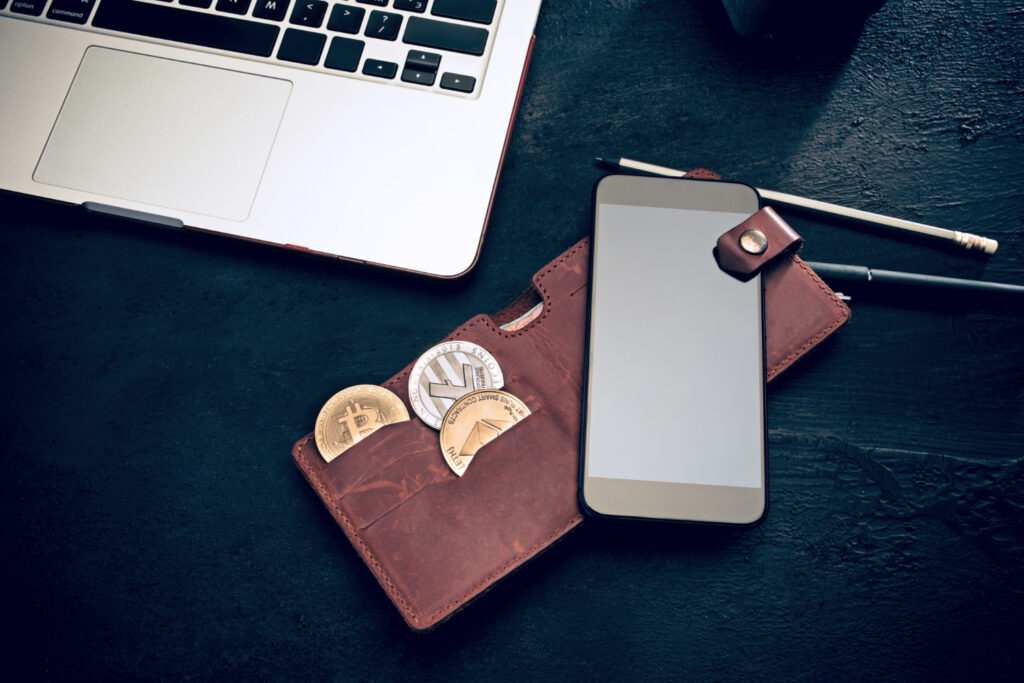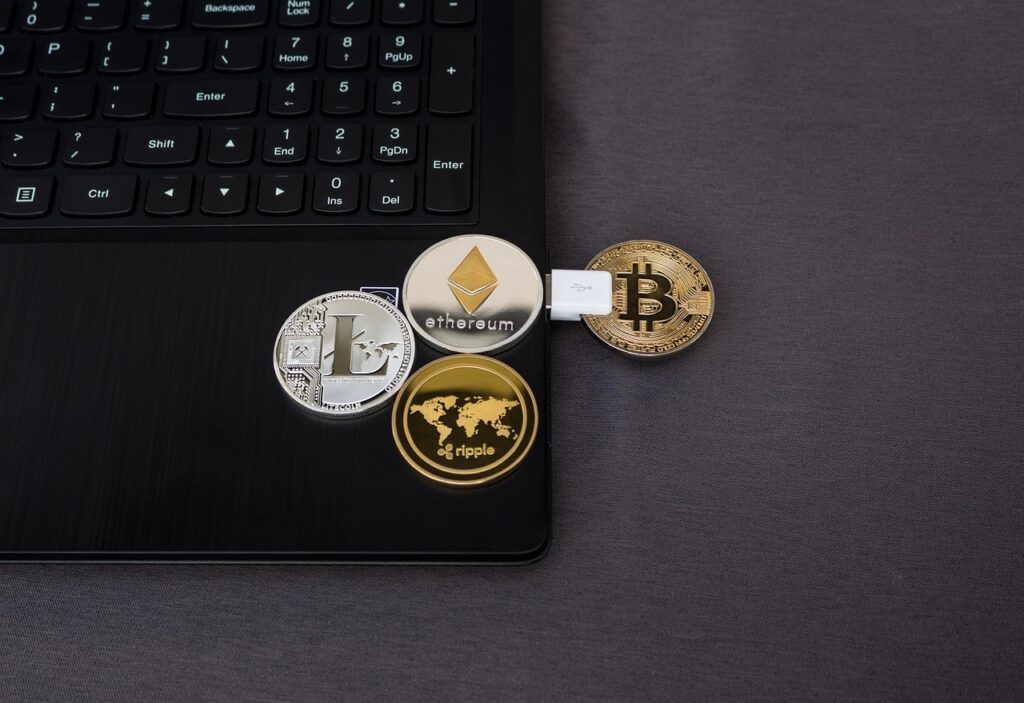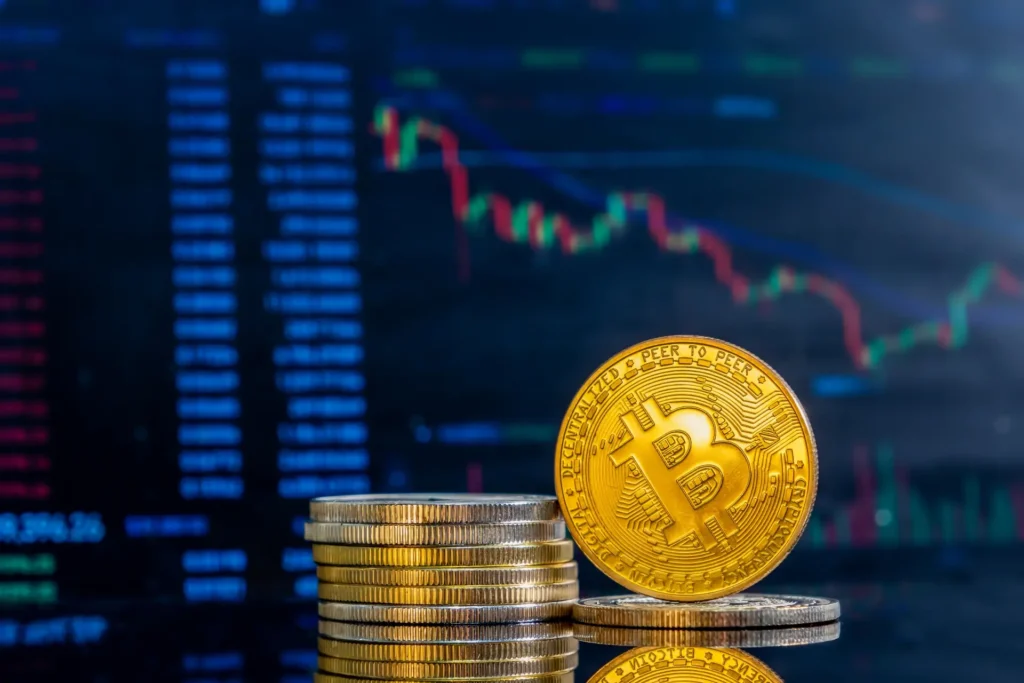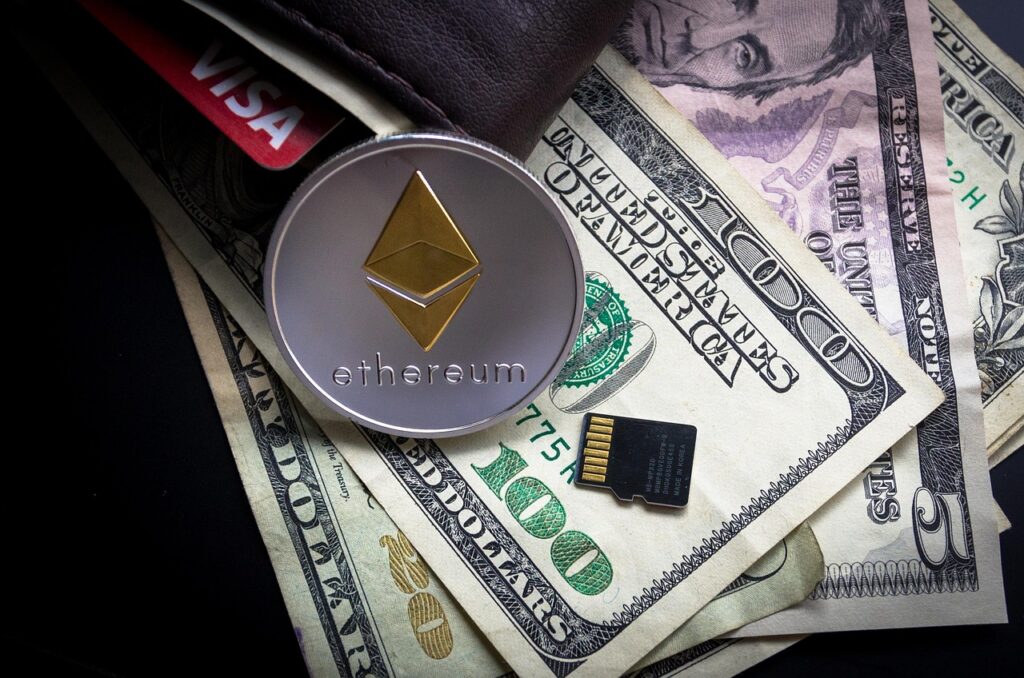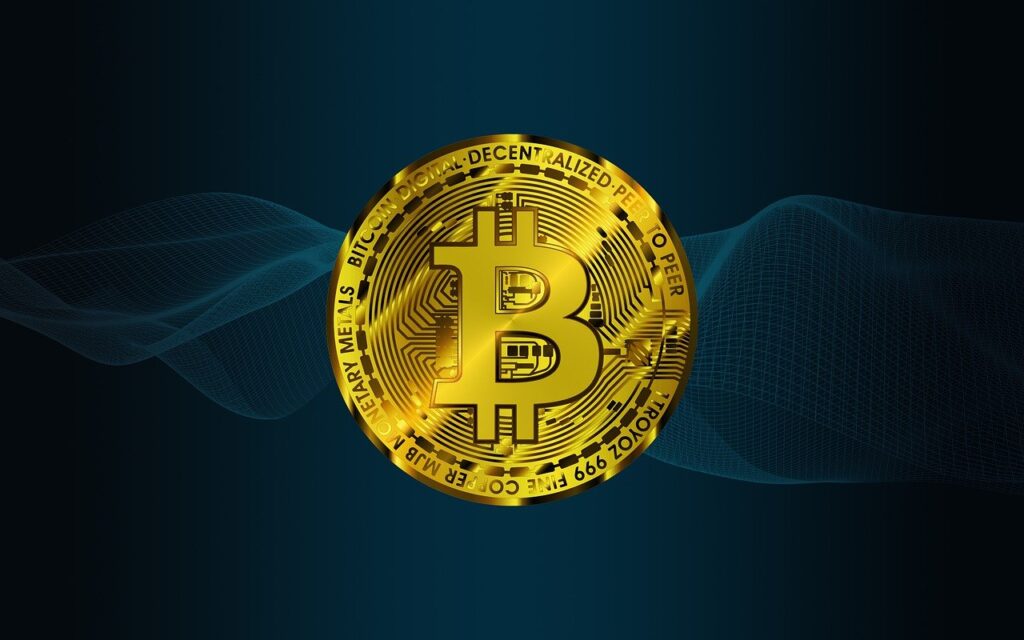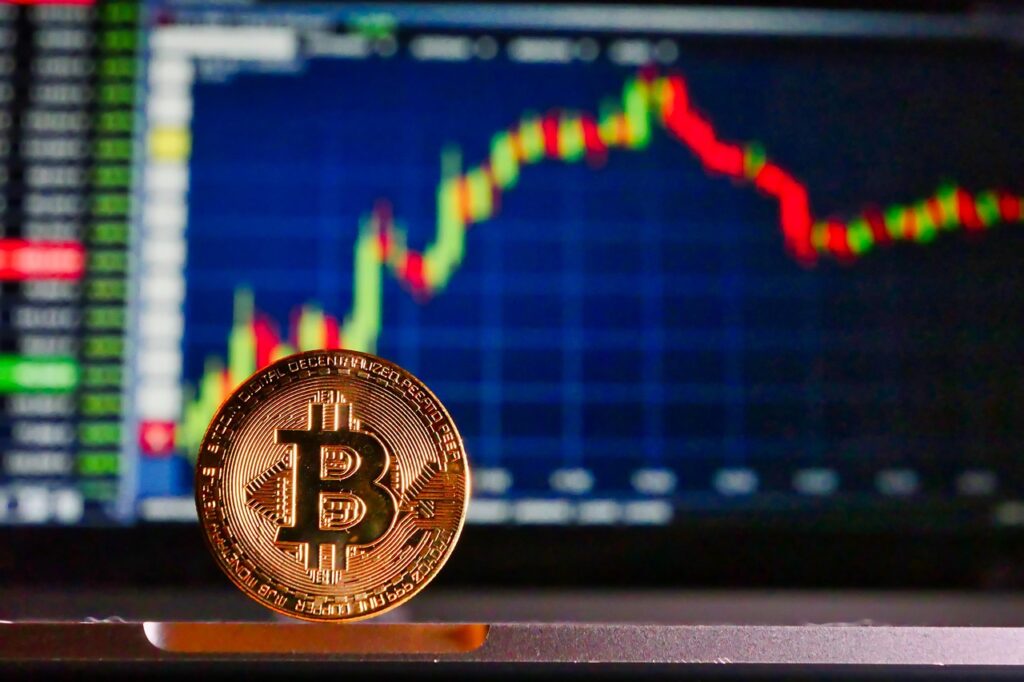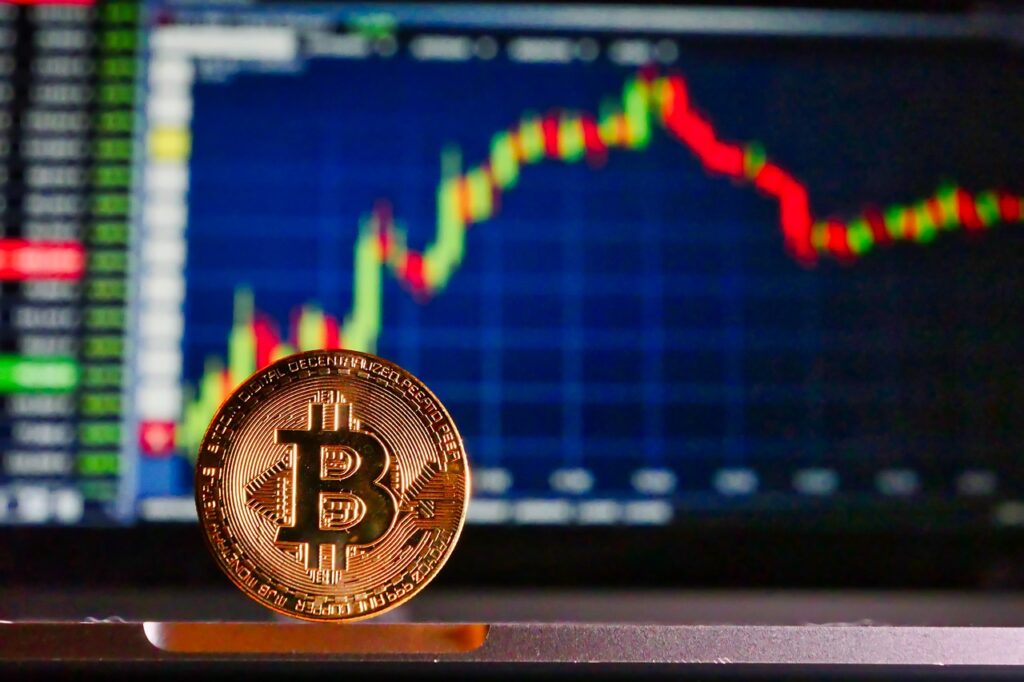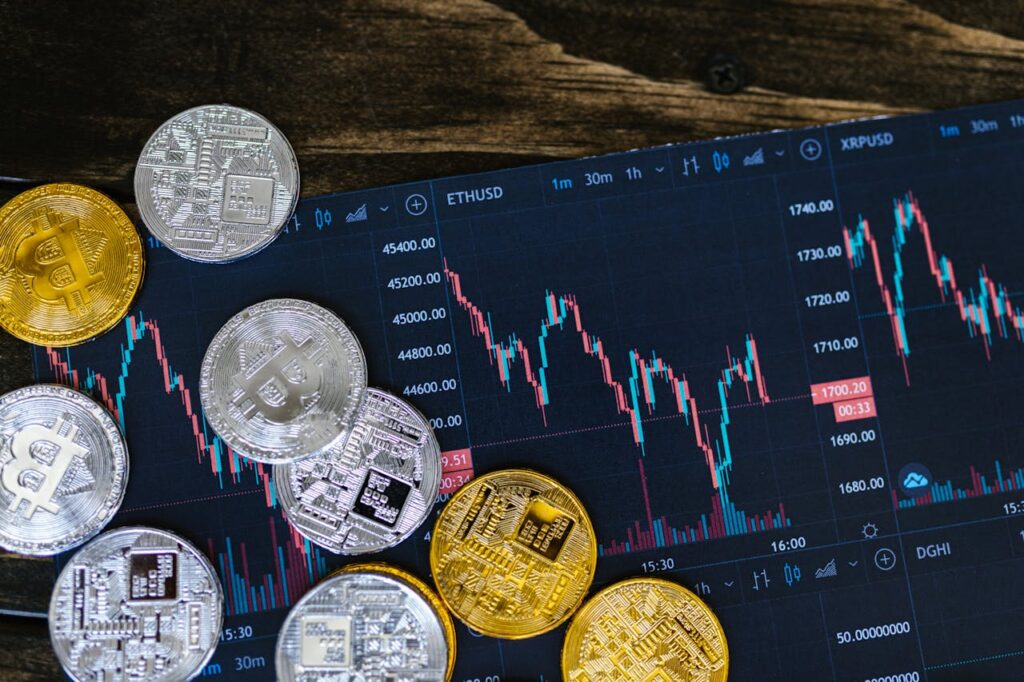A crypto wallet is said to be one of the paramount things any person involved in the world of cryptocurrencies should carry around. While carrying around bags filled with cash can be classy, having a cryptocurrency wallet means being equipped with an application or a device that helps a person to keep, transfer, or accept cryptocurrencies like Bitcoin, Ethereum, and several others. What exactly, then, is a cryptocurrency wallet? Basically, a wallet isn’t designed to “store” your coins as a physical wallet storing money would. Instead, it stores private keys-an individual code in cryptography-to access your funds on the blockchain. These are then used as keys to access, make transactions, and move your digital assets on-and-off-chain safely.
Table of Contents
Crypto Wallets: How They Work and Keep Your Assets Safe
This takes place on the blockchains. A blockchain is a decentralized kind of ledger, openly public so that all transactions can be recorded. One is buying cryptocurrency when he or she is given a private key to prove that he or she possesses that currency amount to everyone else. Hence, the function of the crypto wallet is to enable one to interact with the blockchain in sending and receiving funds, and the transaction is always authorized with your private key. It also generates a public key which, in simple terms, can be equated to an address. Upon giving this out, one can allow others to transfer cryptocurrency for them. The public key can be given to anyone; however, the private key should always be kept secret. Anyone who gets it can control your money.
Exploring the Types of Crypto Wallets: From Hot to Cold
The Crypto wallets are available in several types. Each sort has its own pros and cons. Generally, there are two kinds of crypto wallets-hot and cold wallets.
-
Hot Wallets
Hot wallets are online wallets with which transactions occur easily. They relate to the Internet, making them vulnerable to cyber-attacks and hacking. Some of the most common hot wallets are:
- Web Wallets: These are wallets one has the capability to access online, using the browser generally given by a cryptocurrency exchange or a third-party service. They are convenient anyway less secure since private keys are held on external servers.
- Mobile Wallets: These are applications installed on your mobile phone offering a decent combination between convenience and security. Best for everyday transactions, many also let you scan a QR code to make payments easily.
- Desktop Wallets: Desktop wallets are downloaded on a computer. This way, the users usually keep complete control of the private keys of the wallet as opposed to web wallets. But desktop wallets are also prone to malware attacks and hacking when your computer is hacked.
-
Cold Wallets
The cold wallet is an offline solution meant for better security in longer-term storage for cryptocurrencies. Cold wallets are, in a way, protected from any internet threat, since such wallets cannot be online. Among cold wallets are
- Hardware Wallets: These are computers appearing as USB drives, designed to store private keys offline. They are the most secure method of storing a large amount of cryptocurrency. Some examples are Ledger and Trezor.
- Paper Wallets: It is a paper wallet whereby one must print one’s public and private keys onto paper. This is invulnerable to cyberattacks and is fully off the net; nevertheless, the loss of a paper wallet is common, as well as tearing it apart or even stealing it should one fail to keep it properly.
How to Safeguard Your Crypto Investments from Hackers
The most important point in safeguarding the cryptocurrency is the fact that the Blockchain technology is decentralized, and nobody can recover the funds if stolen or gone. Some of the best methods to protect your possessions are listed below:
- Use Strong Passwords: Prevent easily guessable passwords for wallets and accounts such as birthdays or the dictionary-based application.
- Install Two-Factor Authentication (2FA): For additional security, the use of 2FA will reduce the chances of access to your account without your authorization.
- Keep Private Keys Offline: Do not disclose your private keys to others. Keep them safe and preferably hold them offline. Hardware Wallets are an excellent choice for an added layer of security.
- Update Your Software: Wallet software, along with any other application software related to wallets, should be kept current to ensure it contains the latest security patches.
- Backup Your Wallet: Back up your wallet and keep copies of it in several secure locations. This is especially important for hot wallets, as it will allow you to recover your funds if your device is damaged or lost.
- Be Aware of Phishing Attacks: Do not respond to random emails, website links, messages asking you to reveal your keys or the private information.
- Use Cold Wallets for Long-Term Holdings: For large amounts of currency meant for long-term holdings, keep in a cold storage wallet that offers you an online presence for just the occasional check-in that will provide a shorter exposure to risks that may come up any moment while online.
- Educate Yourself: Stay updated with mining and with latest security practices and potential threats within the crypto field. Knowledge is your best defence against scams and hacks.
Conclusion
Undeniably a very important digital wallet utility, a cryptocurrency wallet has been developed to manage and secure the digital world. Knowing the type of wallet-a hot or cold-and when to use it serves as an important key to deciding upon the best place for your cryptocurrencies to be stored. Having good security in place, such as a good strong password, enabling 2FA, and making sure your private keys are kept offline, will aid in reducing the risk of theft or hacking of the assets. Regardless of whether you are an occasional user, or if you are a long-term user or trader of cryptocurrencies, safeguarding your crypto wallet is priceless with regard to securing your monetary future in this new world of digital coins.

